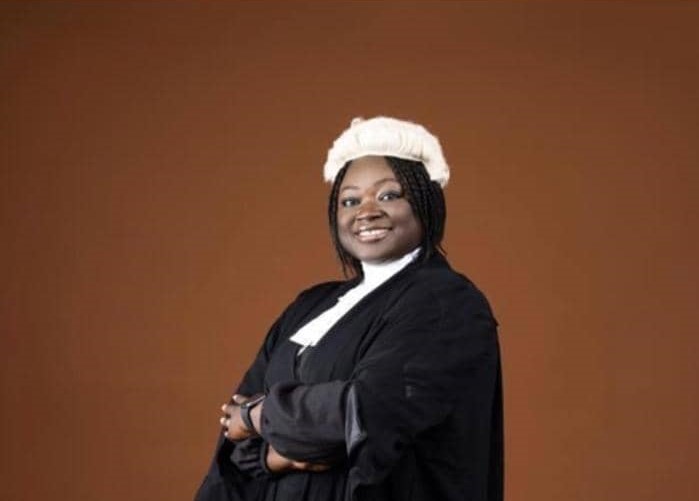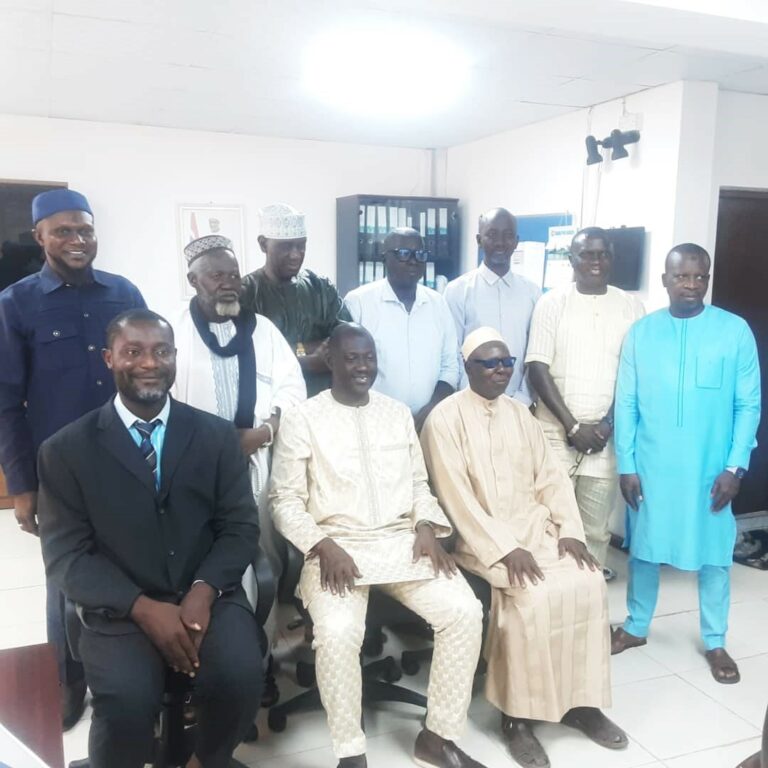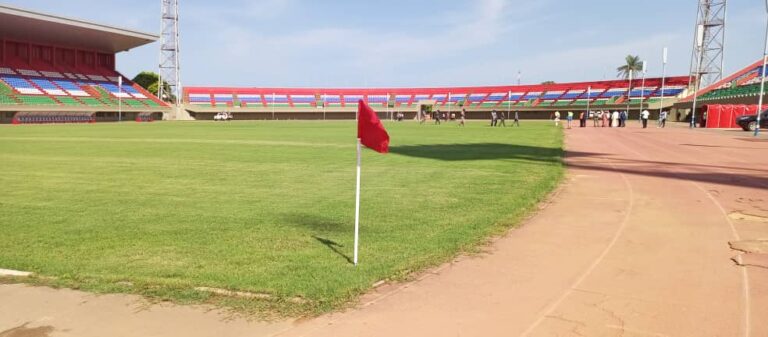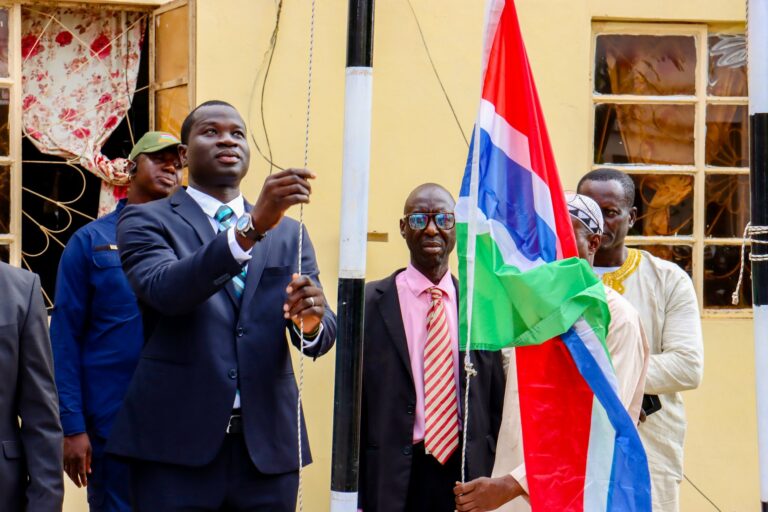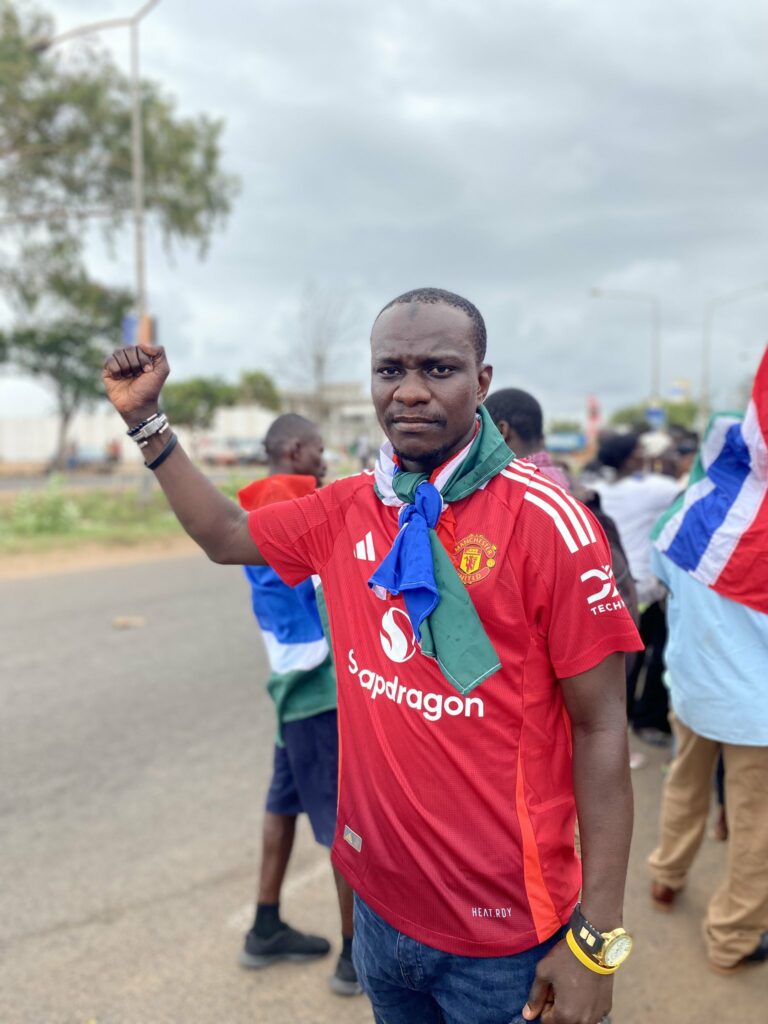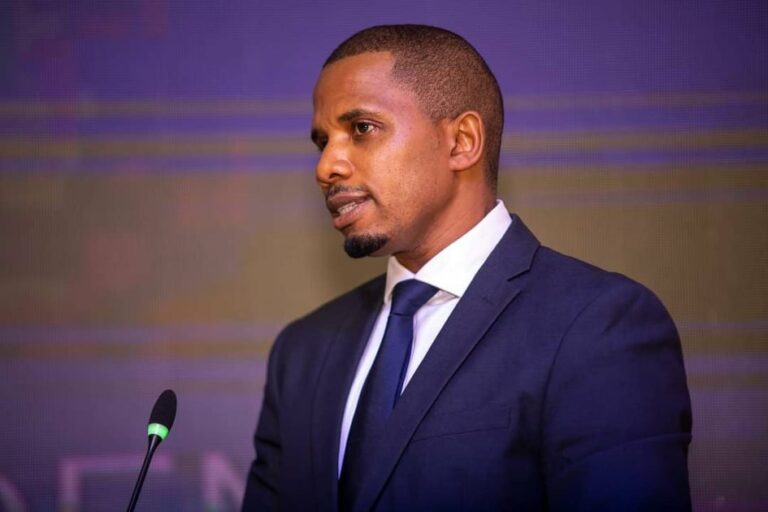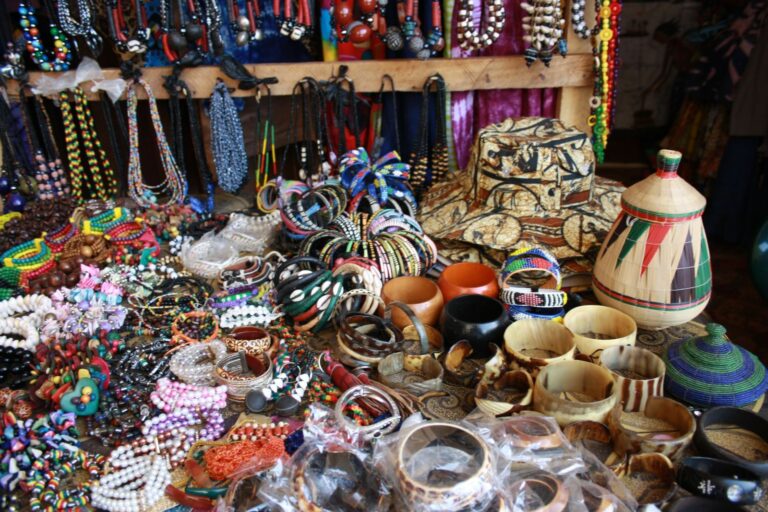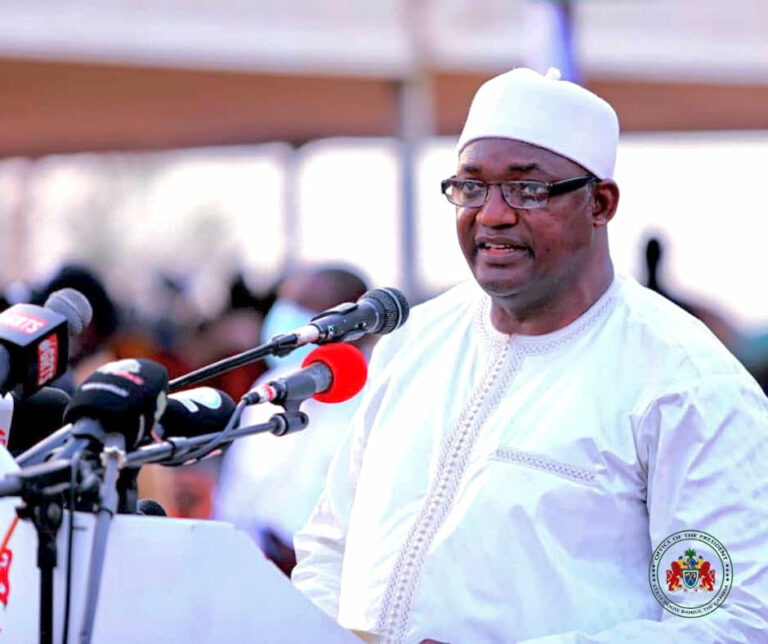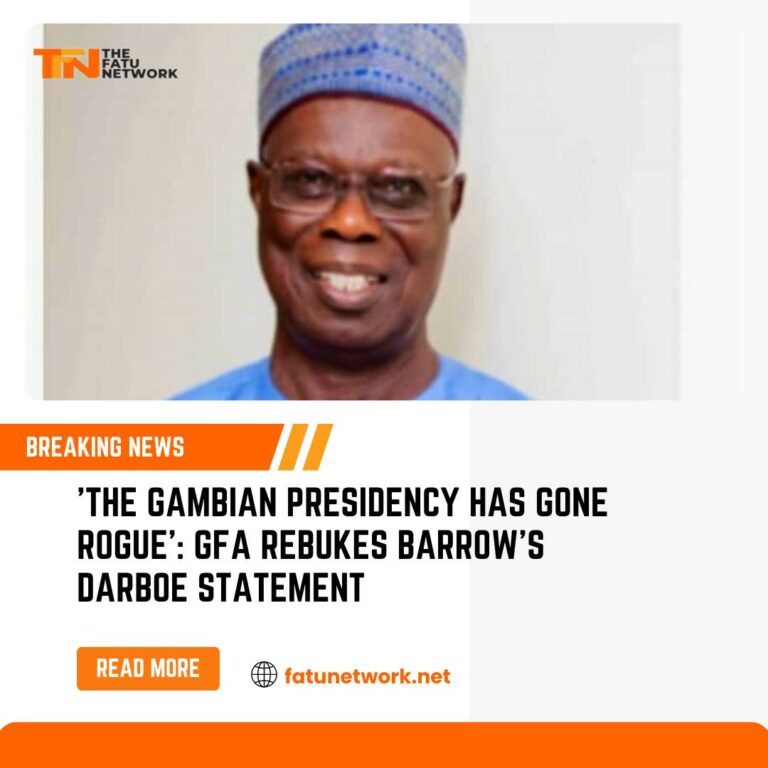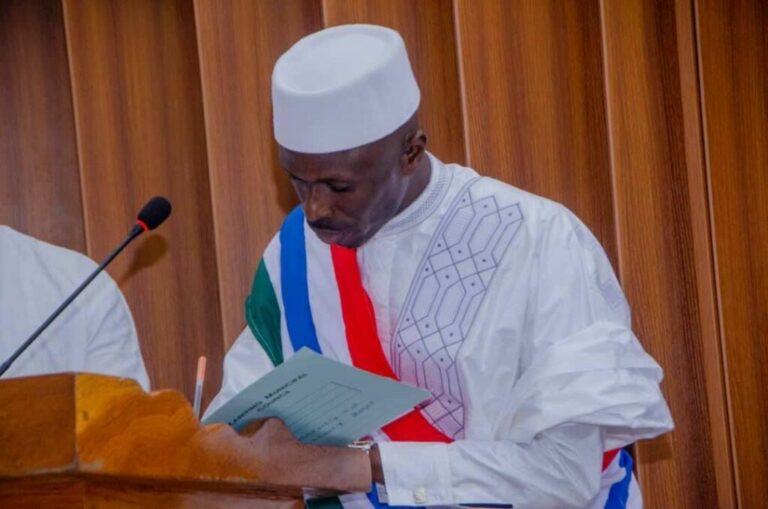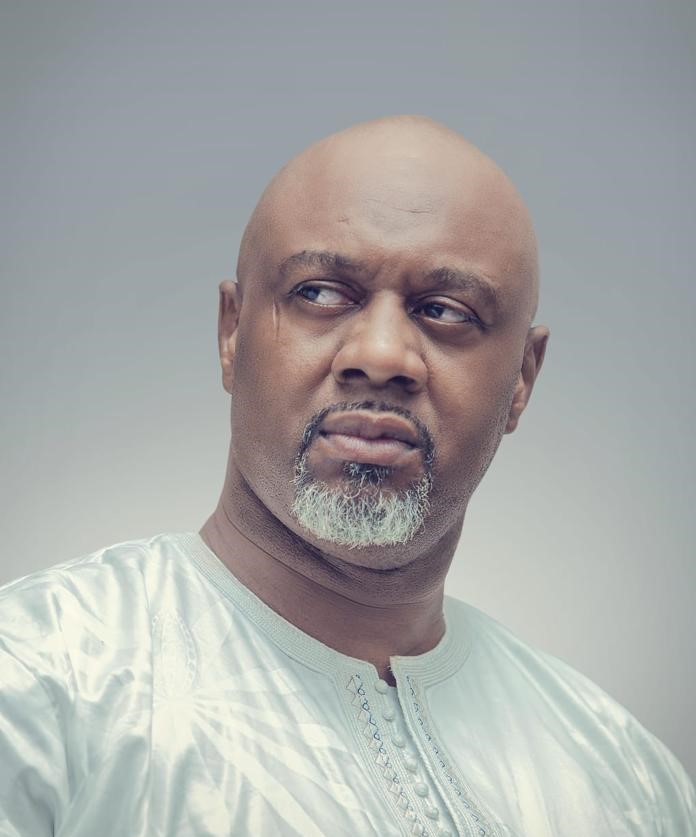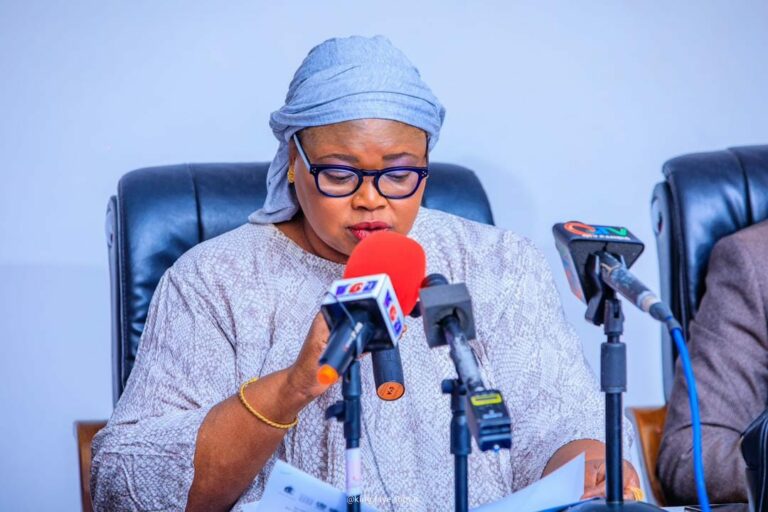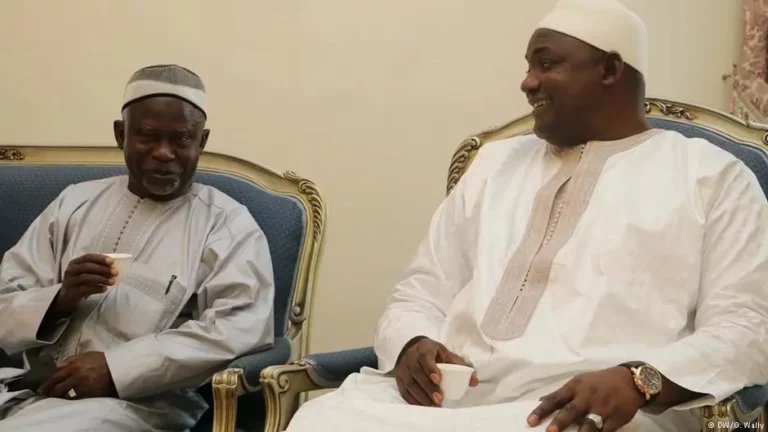By: Babou Prezii Mbye
In recent months, The Gambia has witnessed a troubling surge in violent crimes, from brutal murders and rapes to gang-related robberies and widespread disorder among youth. The frequency and severity of these incidents highlight an urgent need for a comprehensive review and revision of our criminal justice system and criminal code. The current framework, though once sufficient, has become increasingly outdated and ineffective in addressing the complex realities of modern crime. Without substantial reform, we risk further deterioration of our social fabric and safety.
The Need for Reform
Our criminal justice system is the cornerstone of societal order and safety. It is designed to prevent crime, ensure justice, and rehabilitate offenders. However, as crime patterns evolve, so too must our approach to justice. The current legal and judicial framework in The Gambia was established in a different context, and while it may have served us well in the past, it is no longer fully equipped to tackle the challenges we face today.
Recent media reports indicate that the types of crimes we are experiencing have become more severe and sophisticated. Organized gangs are increasingly involved in violent crimes, and youth violence has escalated, reflecting a broader issue of social unrest and disenfranchisement. In this climate, the existing laws often fail to provide adequate deterrence or effective responses. Consequently, the justice system struggles to keep pace with new and emerging threats, undermining public trust and safety.
One of the primary areas needing attention is the criminal code itself. The current criminal code was established in 1933. The existing statutes and penalties are outdated and may not adequately address contemporary criminal behaviors. For instance, the legal definitions and classifications of crimes such as cybercrime, organized violence, and gang-related activities may not fully encompass their modern manifestations. In many cases, the penalties are not stringent enough to deter serious crimes or reflect the gravity of the offenses committed.
Revising the criminal code involves not only updating definitions and penalties but also considering new approaches to crime prevention and rehabilitation. Modern criminal justice systems worldwide are increasingly focusing on rehabilitative justice, aimed at reducing recidivism and addressing the root causes of criminal behavior. Implementing such measures could be pivotal in The Gambia, where social issues such as poverty and lack of opportunity are significant drivers of crime.
Beyond legislative updates, there is a pressing need to strengthen law enforcement and judicial processes. The effectiveness of our criminal justice system depends on the capabilities of those who enforce and administer the law. Investments in training, technology, and resources for law enforcement agencies are essential to enhance their ability to prevent and investigate crimes. Similarly, the judiciary must be equipped to handle complex cases efficiently and fairly.
Community engagement is another crucial aspect. Building strong partnerships between law enforcement and local communities can foster trust, cooperation, and more effective crime prevention strategies. Engaging with communities to understand their concerns and experiences can provide valuable insights into addressing crime more effectively.
The path to reform requires a collaborative effort involving policymakers, legal experts, law enforcement officials, and community leaders. It is essential to foster an inclusive dialogue to ensure that the revised system reflects the needs and values of all Gambians. Public consultations and discussions can help build consensus on the necessary changes and ensure that the reforms are both practical and widely supported.
Moreover, reforming the criminal justice system should be accompanied by broader social initiatives aimed at addressing the underlying causes of crime. Investment in education, economic opportunities, and social services can help mitigate factors that contribute to criminal behavior. By addressing these root causes, we can create a more just and equitable society where crime is less likely to thrive.
The surge in violent crimes in The Gambia signals a critical juncture for our criminal justice system. To effectively confront these challenges, we must undertake a thorough review and revision of our criminal code and justice processes. This reform is not just a legal necessity but a moral imperative to ensure the safety and well-being of our communities. By updating our legal framework, investing in law enforcement and judicial capacity, and addressing the root causes of crime, we can build a more resilient and just society. The time for action is now; without it, we risk further jeopardizing our future and the safety of generations to come.


